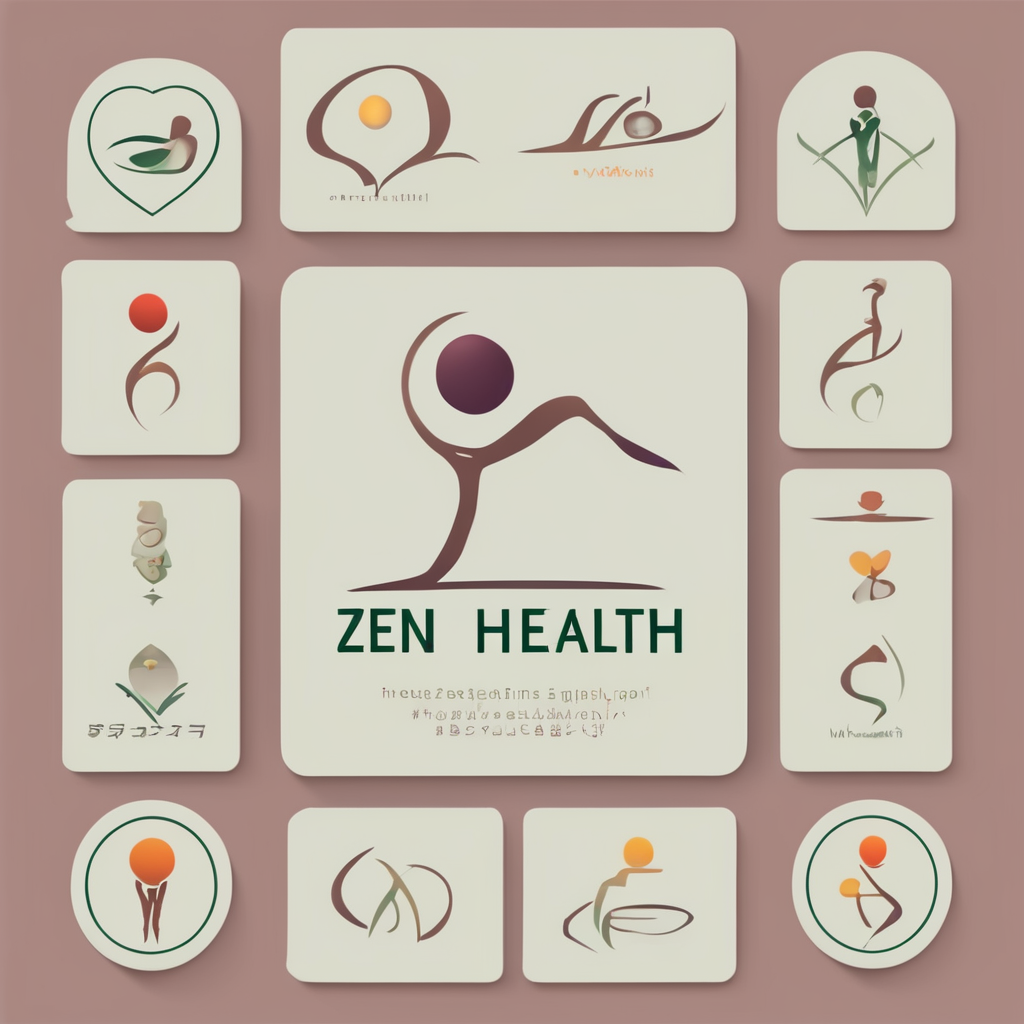Essential Antenatal Blood Tests Every First-Time Mother in the UK Should Know About
When you’re expecting a baby, the array of medical tests and screenings can be overwhelming. However, these tests are crucial for ensuring the health and well-being of both you and your baby. Here’s a comprehensive guide to the essential antenatal blood tests that every first-time mother in the UK should be aware of.
Understanding Antenatal Screening
Antenatal screening is a series of tests and checks performed during pregnancy to monitor the health of the mother and the baby. These tests can detect various conditions and help in early intervention, which is vital for preventing complications.
Have you seen this : How can pregnant women identify reliable sources for parenting advice and tips?
Why Antenatal Screening is Important
Antenatal screening is not just about identifying potential issues; it also provides reassurance when results are normal. Here’s what Health and Social Care Secretary Wes Streeting had to say about the importance of early diagnosis:
“Too many parents are waiting too long for crucial answers on diagnosis, and I am determined that we use innovation to turn that around. Diagnosing rare conditions in newborn babies at the earliest opportunity through genomic testing could be truly life-changing for families – it has the potential to give thousands of children the chance to access the right treatment at the right time, giving them the best possible start to life, and for families to better plan for their care.”.
Topic to read : How can expectant mothers recognize and address postpartum depression before it escalates?
Common Antenatal Blood Tests
Here are some of the most common blood tests you’ll encounter during your pregnancy:
Blood Group and Rhesus Factor
One of the first blood tests you’ll have is to determine your blood group and Rhesus factor. This is important because if you have a different blood group or Rhesus factor than your baby, it could lead to complications.
- Blood Group: This test identifies whether you have A, B, AB, or O blood type.
- Rhesus Factor: This test checks if you are Rhesus positive or negative.
Sickle Cell and Thalassaemia Screening
Sickle cell disease and thalassaemia are genetic disorders that affect the production of haemoglobin. These conditions can be serious, so early detection is crucial.
- Sickle Cell Disease: This condition affects the shape of red blood cells, making them more likely to break down.
- Thalassaemia: This condition affects the production of haemoglobin, leading to anaemia and other complications.
Here is a detailed list of what these screenings involve:
- Screening for Sickle Cell and Thalassaemia:
- All pregnant women in the UK are offered screening for sickle cell and thalassaemia.
- The screening involves a blood test to check for abnormal haemoglobin.
- If the test is positive, further testing will be required to confirm the diagnosis and determine the severity of the condition.
HIV, Syphilis, and Hepatitis B Screening
These tests are part of the routine antenatal screening package and are important for identifying infections that could affect your baby.
- HIV: Early detection of HIV allows for treatment that can significantly reduce the risk of transmission to the baby.
- Syphilis: This bacterial infection can cause serious health problems if left untreated.
- Hepatitis B: This viral infection can be transmitted to the baby during birth, but early detection allows for preventive measures.
Down Syndrome, Edwards Syndrome, and Patau Syndrome Screening
These tests are designed to detect chromosomal abnormalities that can lead to Down syndrome, Edwards syndrome, and Patau syndrome.
- Combined Screening Test:
- This test combines the results of an ultrasound scan and blood tests to estimate the risk of Down syndrome, Edwards syndrome, and Patau syndrome.
- The ultrasound scan measures the thickness of the nuchal fold (the skin at the back of the baby’s neck), and the blood test measures the levels of certain proteins in the mother’s blood.
Here is a comparison of these syndromes:
| Syndrome | Description | Incidence | Detection Method |
|---|---|---|---|
| Down Syndrome | Caused by an extra copy of chromosome 21. Leads to intellectual disability and physical characteristics. | About 1 in 1,000 births | Combined screening test |
| Edwards Syndrome | Caused by an extra copy of chromosome 18. Leads to severe intellectual disability and physical abnormalities. | About 1 in 5,000 births | Combined screening test |
| Patau Syndrome | Caused by an extra copy of chromosome 13. Leads to severe intellectual disability and physical abnormalities. | About 1 in 10,000 births | Combined screening test |
The Generation Study: A New Era in Newborn Screening
In addition to the standard antenatal screenings, a new study known as the Generation Study has begun in NHS hospitals across England. This study aims to screen newborn babies for over 200 rare genetic conditions using whole genome sequencing.
How the Generation Study Works
- Whole Genome Sequencing: Blood samples are taken from the umbilical cord shortly after birth and sent for whole genome sequencing.
- Targeted Conditions: The study focuses on conditions that can be treated in early childhood, such as metachromatic leukodystrophy (MLD) and hemophilia.
- Parental Consent: Expectant parents are informed about the study during pregnancy, and they must consent to their baby’s participation. A research midwife will have a detailed conversation with them to explain the process and benefits.
Here’s what Dr. Rich Scott, Chief Executive Officer at Genomics England, said about the study:
“The launch of the Generation Study is a pivotal moment as we look to develop evidence on whether genomic newborn screening should be offered to all children – to do more for the thousands of children born every year in the UK with a treatable genetic condition. Children with these conditions often go years without receiving a diagnosis. Cutting this time would mean earlier access to what can be life-changing treatment.”.
Practical Advice for Expectant Mothers
Here are some practical tips and advice for expectant mothers undergoing antenatal blood tests:
Understanding Your Results
- Positive Results: If any of your tests come back positive, it’s essential to understand what this means and what the next steps are. Your healthcare provider will explain the results and any necessary follow-up tests or treatments.
- Negative Results: A negative result is reassuring, but it’s also important to continue with routine antenatal care to monitor both your health and the baby’s.
Preparing for Tests
- Stay Informed: Make sure you understand what each test is for and what it involves. Ask your midwife or healthcare provider if you have any questions.
- Follow Instructions: Follow any instructions given by your healthcare provider before the tests, such as fasting or avoiding certain medications.
Emotional Support
- Support System: Having a support system, whether it’s your partner, family, or friends, can make the process less stressful.
- Counseling: If you receive a positive result for a serious condition, counseling services are available to help you cope with the news.
Real-Life Examples and Anecdotes
To put these tests into perspective, let’s look at a real-life example from the Generation Study.
Lucy White’s son, Joshua, has early juvenile metachromatic leukodystrophy (MLD), one of the conditions being tested for in the Generation Study. Here’s her story:
“When Josh was born, he was healthy, but by the age of four, we had concerns about his mobility, his hand-eye coordination, and difficulties he had with swallowing. It took us two years, after many tests and hospital appointments, to get a diagnosis because his condition was so rare. With earlier diagnosis, Josh could have benefited from transformational gene therapy on the NHS, which would have been life-changing.”.
This example highlights the importance of early diagnosis and the potential benefits of the Generation Study.
Antenatal blood tests are a critical part of pregnancy care, providing valuable information about the health of both the mother and the baby. Understanding what each test is for and how it works can help expectant mothers feel more informed and prepared. Whether it’s the routine screenings for sickle cell and thalassaemia or the innovative whole genome sequencing in the Generation Study, these tests are designed to ensure the best possible outcomes for newborns.
By staying informed, following instructions, and seeking support when needed, expectant mothers can navigate the antenatal screening process with confidence. Remember, these tests are not just about detecting potential issues; they also offer reassurance and the opportunity for early intervention, which can be truly life-changing.











